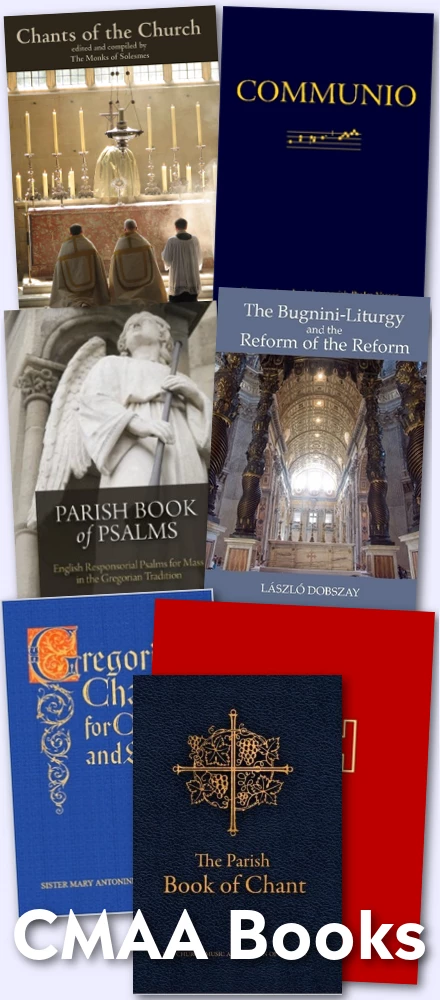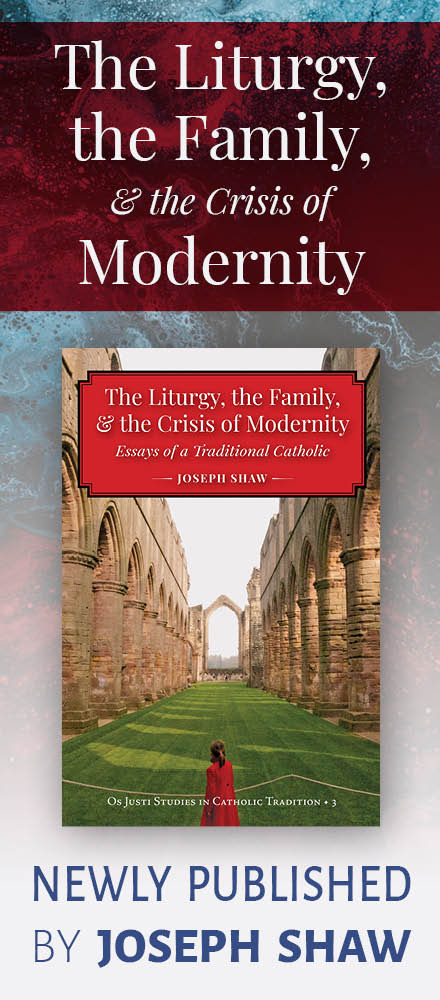I just attended a talk by the exorcist for diocese of San Jose, Fr Gary Thomas. He is the subject of a book and a film called The Rite, starring Anthony Hopkins. (The talk was organized by a group called Catholics at Work.)
First, he was a great speaker. He described how almost by accident, and after 20 years as a parish priest, he found himself sent to Rome to learn how to perform the Rite of Exorcism. He was very clear in saying that, in his opinion, the recent rise in interest in New Age paganism has opened the door to adherence to the occult for greater numbers of people than before, which in turn opens the way to diabolical possession. He has always been inundated with requests, even before the publicity.
The fact that he described these things pretty much in the same straightforward, matter-of-fact way that one might describe what goes on in a marriage or baptism in a parish RCIA class only served to reinforce the truth of it all for me. And I would say that if anything is to increase your faith, it is listening to accounts of how the Church overcomes the effects of possession by the devil and demons, and the suffering of those poor people who are affected by them.
I wanted to pass on one little comment that he made almost in passing. I do not know where he stands liturgically in regard to the Mass - there was nothing in what he said that led me to believe that he celebrates the Latin Mass, for example. However, he did explain that the Rite of Exorcism is only said in Latin. One reason is practical - there is no approved translation in English as yet. He gave another reason why he was so strongly in favor of the use of Latin in the Rite of Exorcism: “The Devil hates Latin, it is the universal language of the Church.” I asked him about this afterwards, and he repeated it, saying that his personal experiences as an exorcist who has performed many, many exorcisms have convinced him of this. He told me he had heard from exorcists who did exorcisms in Italian, Spanish and Portuguese (the only approved vernaculars for this Rite) that Latin was the most effective language.





















